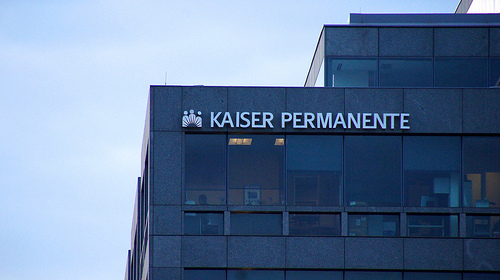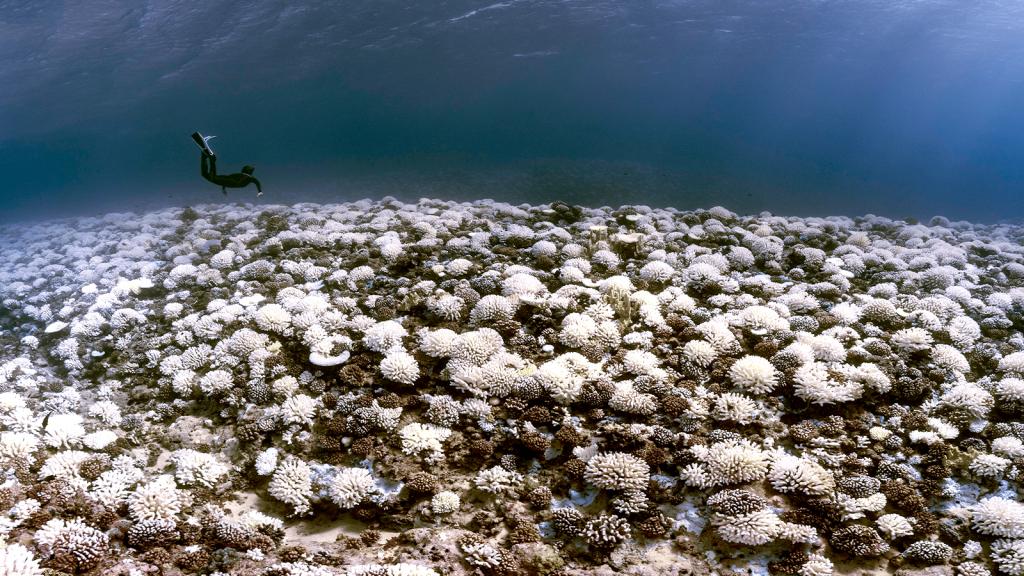
Photo by tedeytan.
From Bloomberg News:
Kaiser Permanente (KP), one of the largest health care providers in America, has a clear mission: improve health. In a surprising and welcome twist, KP is publicly recognizing that climate change threatens that mission.
“One of the largest health care providers” glosses over it a little bit. Kaiser has over 180,000 employees — 16,000 of whom are physicians — and 8.8 million members. In short, Kaiser is an institution that rivals New York City in scale with a history rooted in tackling social issues; the company evolved from an informal association aimed at providing health insurance to shipbuilders in Oakland.
Kaiser’s climate change efforts are ones you might predict: increased energy efficiency, carbon offsets, and generating its own power, including 11 megawatts of solar. More interesting is how Kaiser anticipates climate change will impact public health.
As [Kaiser’s Environmental Stewardship Officer Kathy] Gerwig put it, “there’s credible evidence of significant climate change that will impact our ability to provide quality health care.”
She laid out four broad categories of the health effects:
Severe weather: Hurricanes, wildfires, floods, and heat waves all injure and kill people. Hospitals — and all businesses for that matter — need to prepare for these extremes.
Respiratory diseases: Air quality in general deeply affects health. This is, as Gerwig says, mainly about the short-term consequences of not dealing with burning fossil fuels and the changing climate.
Infectious diseases: As the planet warms, bugs like mosquitos can survive and thrive further north, spreading diseases to new areas. According to the UN, previously untouched areas like the southern U.S. and Mexico will face malaria, yellow fever, and dengue by 2050.
The “what we don’t know” bucket: While the science is clear that climate change is a serious problem, we still don’t know a lot about how it will play out (this is not the same as saying the science is so uncertain that we shouldn’t do something). “What we know so far about the repercussions of climate change isn’t good,” Gerwig says, “such as water shortages and increased wars over resources, and all the health issues that go along with those.”
On the one hand, it’s reassuring to know that a major health-care provider recognizes the threat of climate change and is taking steps, however incremental, to address it.
On the other, your local hospital is prepared to treat you after near-inevitable insect-borne disease outbreaks, flooding, and war. Might as well just check yourself in there for the duration.



